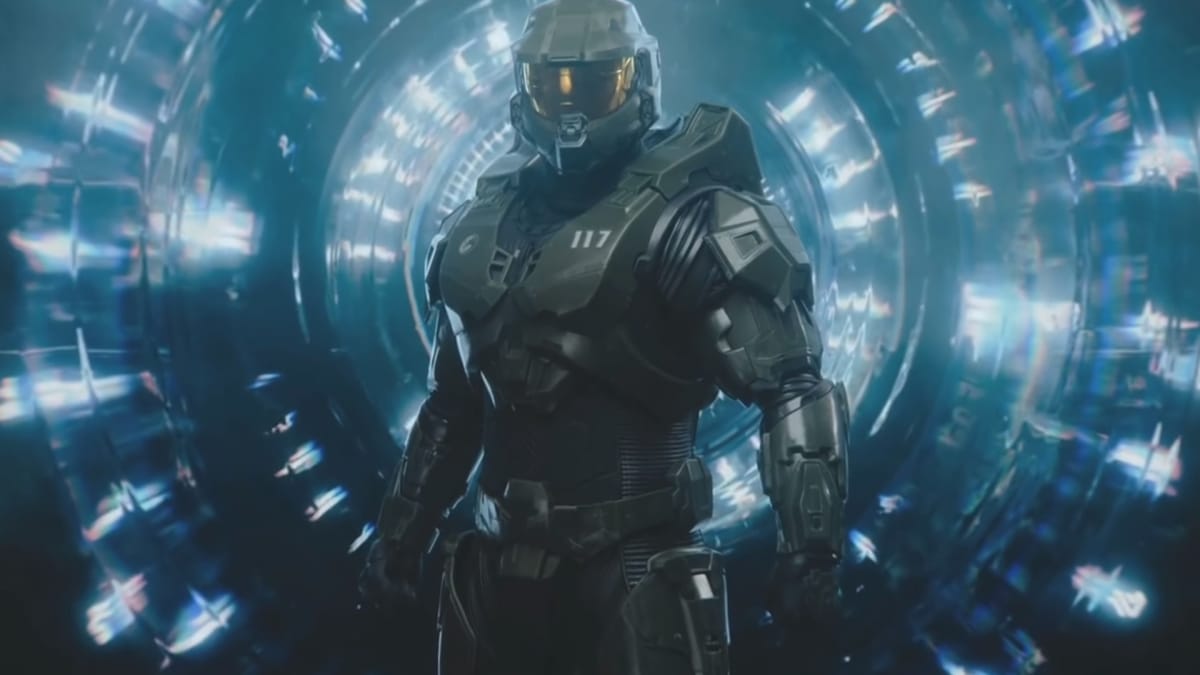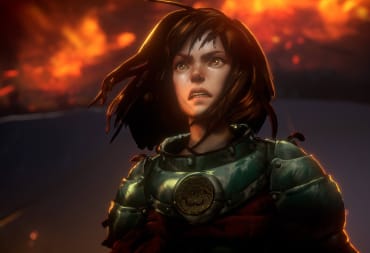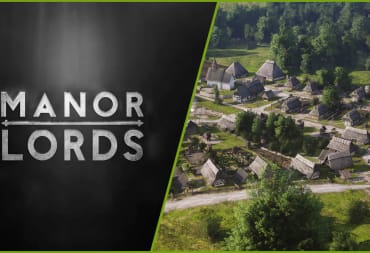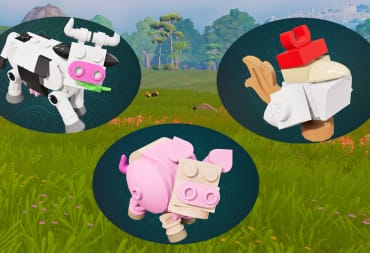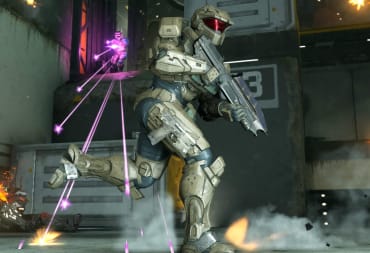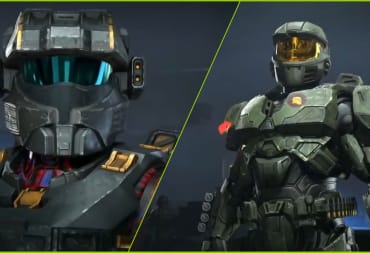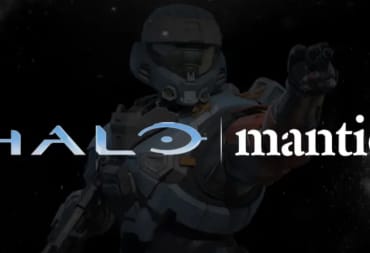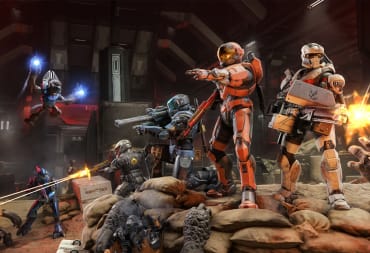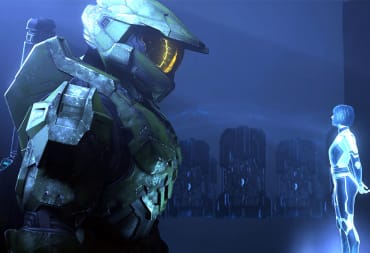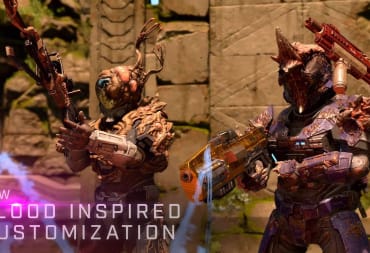After nine episodes, the Halo TV show's first season has come to an end. It was definitely a wild ride that can best be summed up as an ambitious re-imagining of the tale of the Master Chief.
Like all other video game adaptations, the show made quite a few changes to the core Halo story so that it could fit into hourlong episodes that wouldn't instantly confuse new viewers. In fact, the Halo TV show lore and story are officially part of the Silver timeline, a completely separate universe from the canon established by the Halo games.
Think of it as Halo's version of the Marvel Cinematic Universe, where the events shown in the MCU are inspired by the comics but they are part of a completely independent and self-contained story.
There are certainly advantages to having the Halo TV show lore split off into its own timeline. The writers were seemingly given more room to work with, and while some of the Halo TV show's decisions are questionable at best, it also allowed for the expansion of certain themes that were set in place by the main universe.
This piece contains spoilers for the Halo TV show. You can watch all of the latest episodes on Paramount+ (affiliate)
What the Halo TV Show Lore Gets Right
For example, in the Halo games, the United Nations Space Command are the unequivocal good guys of the story. As the franchise matured, novels and other media more firmly established the UNSC as an authoritarian imperialist power that routinely carried out assassinations and put down independence movements before the events of the games, to say nothing of the decidedly unethical origins and intended purpose of the SPARTAN-II program. The extent of the UNSC's villainy was highlighted by the deployment of nuclear weapons on an entire colony which served as one of the leading causes of the Insurrection movement in the main universe.
Paramount evidently didn't have a problem with depicting this dark side of the UNSC in greater detail. Within the first three episodes, the UNSC is involved in installing a warlord that executes civilians and/or POWs onscreen, endorsing dubiously ethical medical procedures, and implicated in political assassinations, kidnappings, and the use of child and/or slave labor. This portrayal is admittedly a little over the top at times, but it's all directly based on things that happened in the main Halo universe and given credence by the real-life actions of modern imperialist nations.
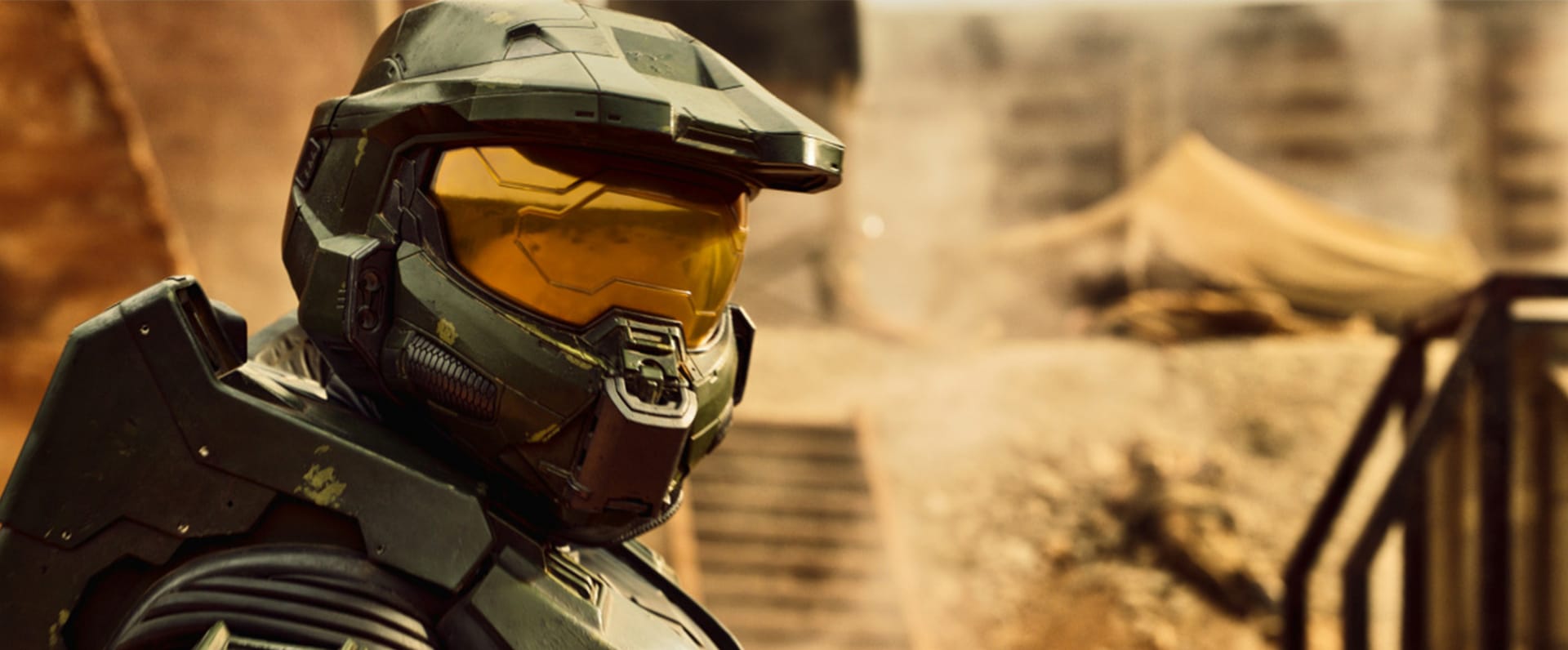
Indeed, the Halo TV show does a very respectable job at world building. Dr. Halsey's rivalry with Admiral Parangosky and the leadership of the conventional UNSC military is brilliantly done. The re-imagining of Miranda Keyes as a scientist is also an interesting decision that makes the character far more interesting than her game counterpart. And who can possibly find fault in the Halo TV show's version of Cortana when she is played by the exact same actor who plays Cortana in the games? The planets and other locations that show up in the Halo TV show deserve praise too as High Charity, Reach, the Rubble, and Madrigal are especially beautiful and distinct, giving insight into what everyday life might look like at such locations while reinforcing the theme that the UNSC is an authoritarian imperialist state.
The Halo TV show's interpretation of the Spartan program is equally faithful. Some scenes, such as the Master Chief's childhood interactions with Dr. Halsey and subsequent abduction, play out as if they were lifted straight from the books. The Halo TV show lore diverges a tiny bit when it comes to the emotion-suppressing pellet implant, but it's a reasonable way to build upon the notion that the Spartans lacked humanity, a plot point that originated in Halo 4. If nothing else, the pellet presents a believable (if somewhat generic) way to build drama that doesn't feel too out of place in the Halo universe.
What the Halo TV Show Lore Gets Wrong
Unfortunately, the balance between TV drama and source material authenticity does swing too much in favor of TV drama at times and it's extremely jarring when it happens. Kwan Ha's character is one such victim of TV drama, wasted on a revenge plot that inexplicably ends up tying into the spiritual themes of the Halo universe. Needless to say, the religious aspect of the Halo TV show lore should've been left to the theological Covenant, not a human Insurrectionist. The Covenant should've had more screen time in general, budget notwithstanding. If the show wanted to explore the Human connection to the Forerunners via Kwan Ha, it frankly should've taken more inspiration from Halo 4.
Of course, you've probably already heard of how the Master Chief canonically does the sex in the Halo TV show. To claim that it's a very awkward moment is an understatement, made no less awkward with a close-up of Cortana watching him do the business. In the show's defense, there are at least two Spartans in the main universe who either had biological children or were intending to start a family, so it's not like Spartans can't feel love. The problem lies with Makee, the woman who Chief has the sex with.
According to Halo TV show lore, Makee was abducted as a child by the Covenant because an artifact recovery team identified her as having a link to the Forerunners (i.e. a Reclaimer). She is raised on High Charity so that the Covenant can use her to locate and activate Forerunner artifacts. To locate the artifact that serves as the Halo TV show's MacGuffin, Makee surrenders to the Master Chief and is thus rightfully considered a prisoner of war in the show. The Master Chief then touches the Forerunner MacGuffin, inadvertently linking his mind to Makee's, and in a moment out of the cheesiest anime you could possibly imagine, they share a metaphysical bond. Conveniently, the Master Chief removed his emotion-suppressing pellet a few episodes ago, so you can probably see where this is going.
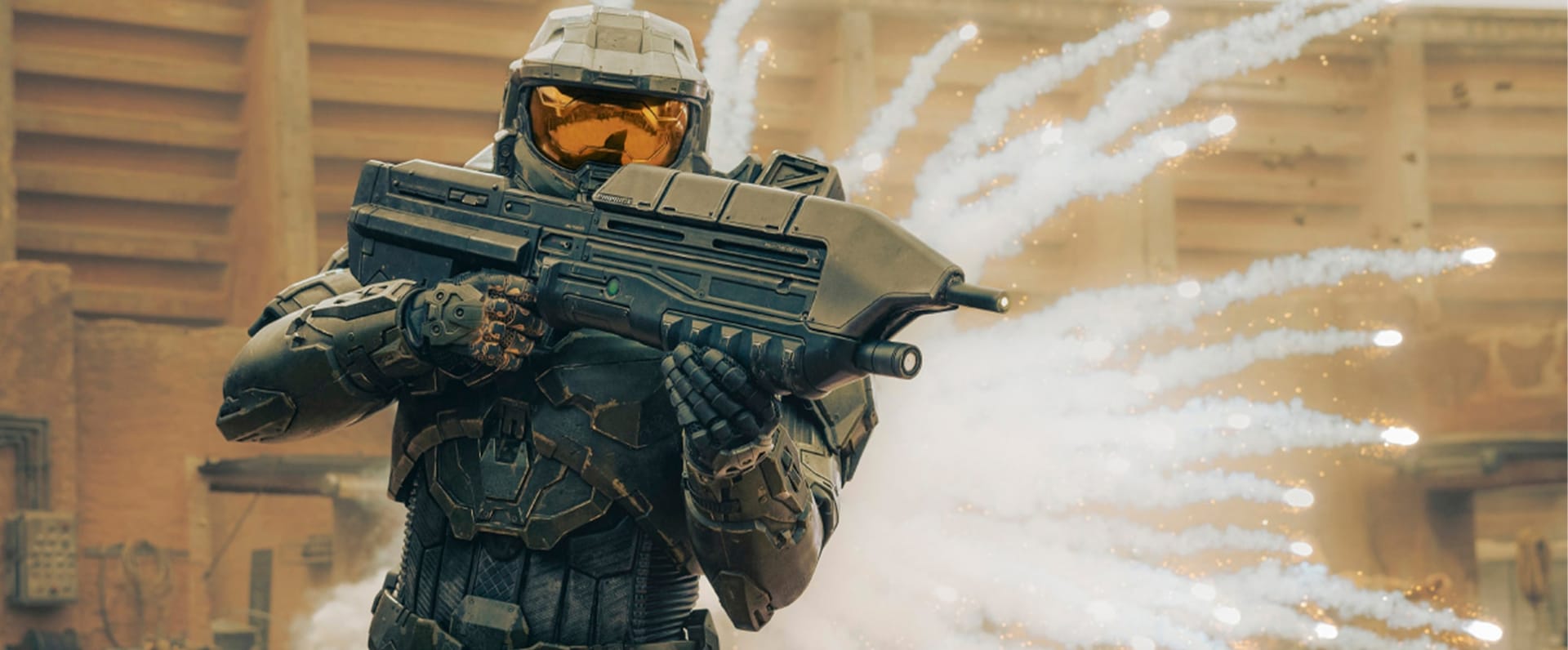
As an aside, it shouldn't have to be explained why having sex with prisoners of war is morally problematic, to put it lightly.
Anyways, Makee's entire background is such a stretch that it directly contradicts one of the causes of the Human-Covenant War as outlined in the Halo: Contact Harvest novel. In the novel, the Prophets feared that if Humanity's link to the Forerunners was ever revealed, the Covenant would collapse, so they started a war of extermination to hide the truth. The novel was written by Joseph Staten, one of the main writers during Halo's Bungie era, so it's about as canon as anything can possibly be.
This implies that the inspiration for Makee's character is the Covenant practice of occasionally forcing human prisoners to activate Forerunner technology in the games. Raising a human for such a purpose brings up more questions about the Halo TV show's lore than it solves otherwise. That her character arc is resolved in a lore-friendly way further frustrates matters considering how her role can be easily transferred to other characters or handwaved by superior Covenant technology. Alternatively, Makee's role could've been merged with Reth's to double down on the unwilling Covenant prisoner angle.
Outside of these two glaring breaches of Halo canon, which only become really problematic in episodes seven and eight, the Halo TV show is actually not terrible. The actors (especially Kai's actor, Kate Kennedy) are all very capable in their roles, bringing formerly minor characters in the Halo canon to life while the new characters mostly feel like natural extensions of the universe. The CGI is a little choppy at times, yet it makes the few Covenant scenes no less enjoyable. The action scenes are fairly amusing as well, aptly combining elements of the games and lore together to form a uniquely Halo experience. On a nitpicky sidenote, there is a curious abundance of 21st century firearms throughout the series, likely a result of a creative decision to make the Insurrectionists more distinct.
Admittedly, newcomers might find the Halo TV show lore to be more digestible than going through literal decades of games, books, animated shorts, and live-action series, so it's a decent starting point in that regard. Sure, the show's interpretation of the Master Chief may as well be a completely new character when compared to the game's version of the Master Chief, though it's arguably a necessary change given the context of the show. Perhaps the existing problems with the Halo TV show could've been solved if it was split into two seasons, one focusing on the Insurrection and the Spartans while the other concentrated on the Human-Covenant War. Alas, the budget probably didn't allow for such a possibility. Nonetheless, it'll be interesting to see where the Halo TV show goes next, especially if the show intends to portray the Fall of Reach and the potential discovery of the first Halo ring.
Have a tip, or want to point out something we missed? Leave a Comment or e-mail us at tips@techraptor.net
